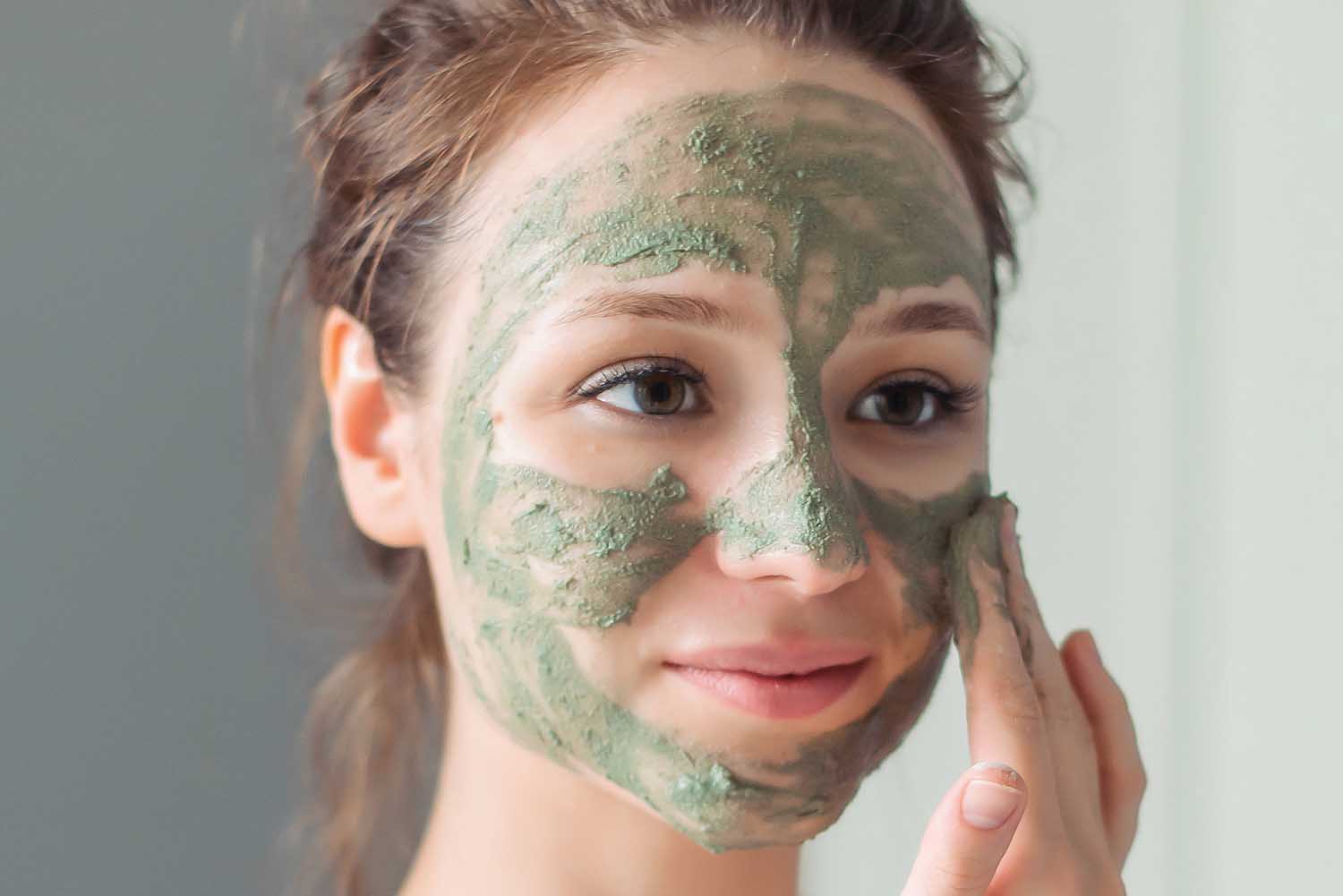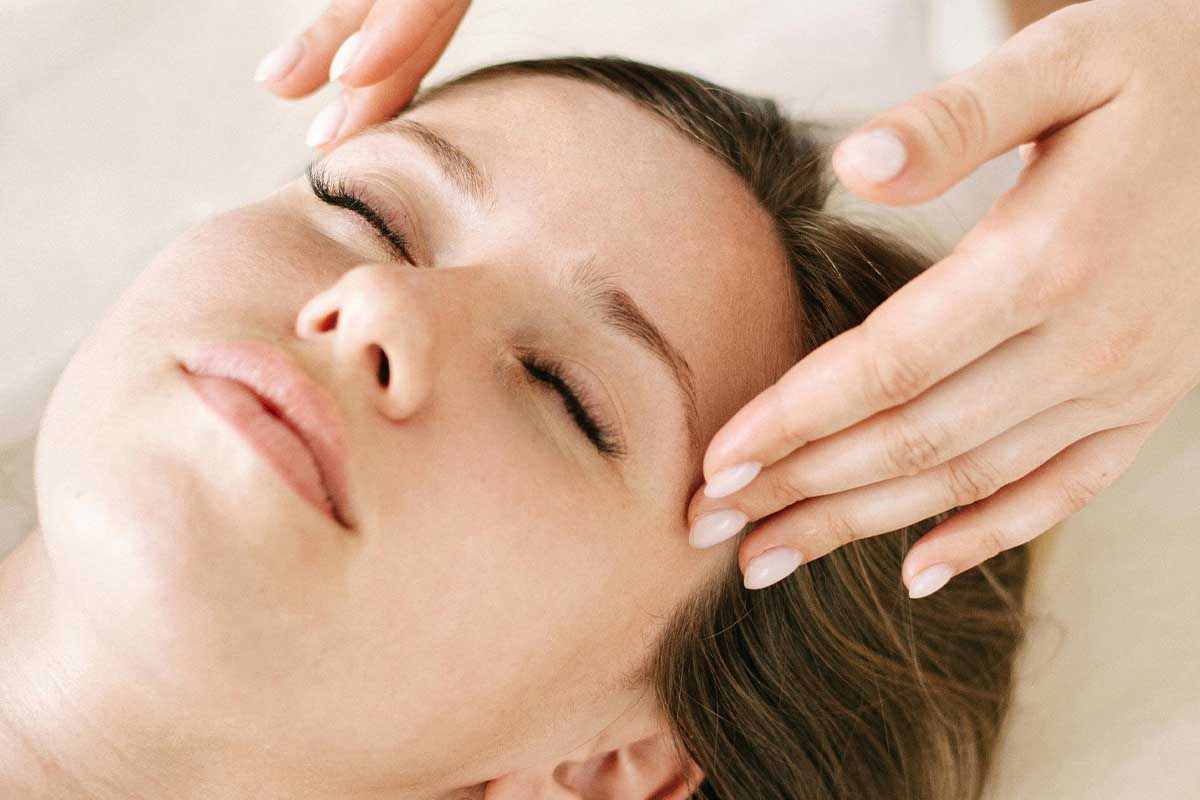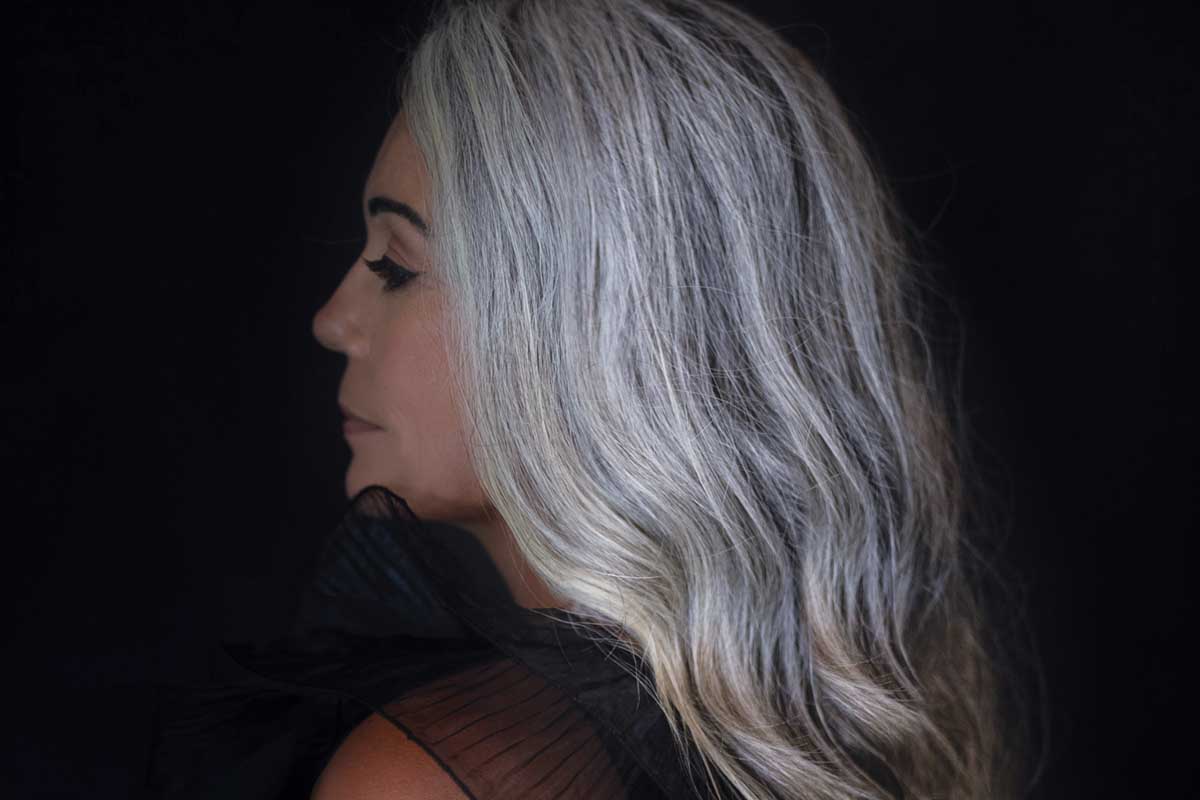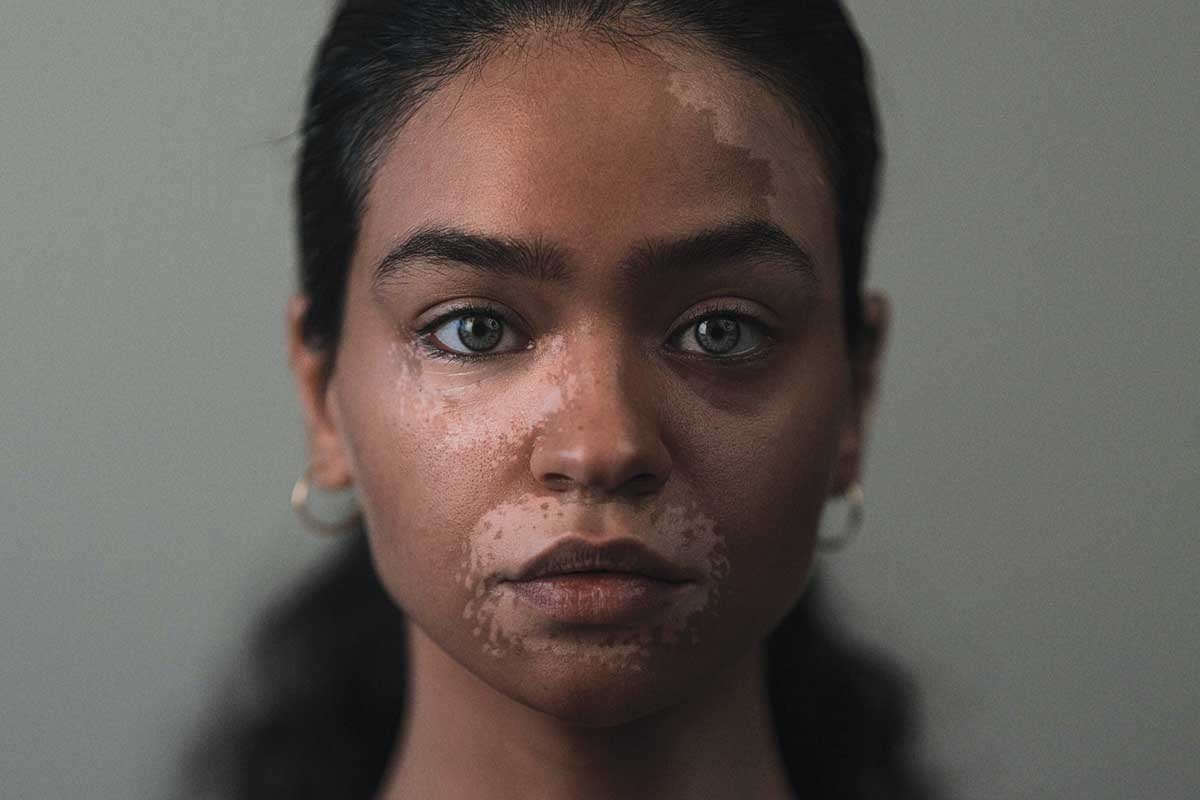Advertisement
Green Skin Care
How green beauty is making its mark and why you should make the switch
Fact-Checked
This article has been written and fact-checked by experts in the field.

Companies are upping the ante when it comes to green beauty products, in both selection and quality. Now is the time to nourish your skin with toxin-free and environmentally friendly masks, restorative under-eye oils, mascara, foundation, hair dye, and more.
Advertisement
A natural beauty product revolution
Cris Robinson, co-owner of Purple Carrot Health Foods & Wellness in Lethbridge, Alberta, remembers the early years of natural skin care—about 15 years ago. Back then, options for natural products were hard to find. For instance, “the only eyeliner available felt like you were drawing with a pencil crayon on your face,” says Robinson.
Since then, she says, there has been a revolution in variety and quality of natural beauty products, including advances in sustainable packaging.
Four years ago, Robinson opened the Purple Carrot, a refillery, health food, supplement, and local product store, alongside her co-owner, Cathy Lancaster. Before that, Robinson was a nutritional consultant, who had to send her clients running around the city for the natural products she suggested. They opened Purple Carrot to offer a one-stop natural shop.
Robinson invites you to think carefully about your skincare product choices. “We’re bombarded with junk all the time in the various products we use, such as cleaning products. When we can make the choice, we should,” says Robinson.
Advertisement
Perks of going green
Lindsay Coulter, green living expert as David Suzuki’s Queen of Green for over a decade, who continues to share her insights through @saneaction, says there are other benefits to going green in the beauty aisle.
For one, natural products are pure, and often multipurpose. For instance, you can use rosehip oil to moisturize and cleanse, for osteoarthritis relief, and as aromatherapy for stress reduction. The ingredients also won’t strain the environment when you wash them off.
Natural beauty ingredients
Many natural products have shown effectiveness through clinical research. Antioxidants—such as herbal extracts, coenzyme Q10, and green tea—are now used for high quality natural skin care.
What’s more: Some new products, including shampoo and conditioning bars, dispense with the packaging altogether. Going green for your beauty and skin doesn’t have to be an expensive endeavour either, says Coulter. DIY options could help keep your costs down.
Lane Edwards, founder of Edmonton-based Pura Botanicals, also advocates for the benefits of going green and natural.
Advertisement
Infused with empowerment and self-love
Edwards was inspired to found Pura when, while pregnant with her first child, she became sensitive to conventional beauty products. She created her own line of plant-based, eco-friendly, nontoxic, and synthetic-free products, infused with a strong culture of empowerment and self-love.
Edwards uses essential oils in many of her products. “They really amplify a formula if done in a conscious way and in small doses,” explains Edwards. Essential oils are often used to uplift mind, body, and spirit. Although research is not definitive on its role in some areas of health and well-being, some studies show that aromatherapy may help improve mood, decrease anxiety, assist with sleep, and ease pain.
Edwards, who views Health Canada certification as an intense process, but essential, also certifies her products through Leaping Bunny, PETA, and CertClean.
What do these certifications mean?
Leaping Bunny
Products using this logo have certified to the Coalition for Consumer Information on Cosmetics (a consortium of eight animal protection groups) that “they do not conduct or commission animal tests, and do not use any ingredient or formulation that is tested on animals.”
PETA
People for the Ethical Treatment of Animals also certifies companies who pledge that “they and their suppliers do not conduct, commission, or pay for, or allow any tests on animals for their ingredients, formulations, or finished products anywhere in the world …”
CertClean
The CertClean certification means the product is “free from ingredients that may pose risk to our hormonal, reproductive, and/or neurological systems, like talcum powder, formaldehyde-releasing preservatives, parabens, sodium lauryl sulfates, and hundreds more …”
Advertisement
Staying safe in the sun
When you’re choosing a sunscreen, scan the active ingredients on the label. Titanium dioxide and zinc oxide are considered safe and natural sunscreen ingredients. One caveat, though: even if these natural ingredients are the only ones listed, the nonactive ingredients could be synthetic and potentially harmful to your health or the health of the environment.
Coulter suggests checking the Environmental Working Group’s Skin Deep database (ewg.org/skindeep) to see how your sunscreen—and other products—stacks up.
The budding frontier of cannabis in skin care
Cannabidiol (CBD) is a nonpsychoactive compound extracted from the cannabis plant. CBD is used in a myriad of beauty products, such as soaps, tissue repair serum, lotions, and lip balms. The global CBD skincare market is expected to reach US$1.7 billion by 2025.
Along with antiaging benefits, preliminary studies have found potential benefits of CBD in the treatment of acne, atopic dermatitis, psoriasis, skin cancer, and fibrotic skin diseases.
But, at this early stage, some are advising caution. The American Academy of Dermatology says we still need to know more about proper dosages, how CBD interacts with other medications, and the possible side effects of applying CBD to the skin.
In a 2018 study published in the Journal of Drugs in Dermatology, 86 percent of dermatologists surveyed believed that cannabinoids have medical benefits beyond treating pain and nausea.
A Pura beauty routine
As a mother of three, Pura Botanicals owner Lane Edwards’ self-care rituals must be efficient. After cleansing in the shower, she combines a lotion and rejuvenating facial oil in her fingers, massaging her skin with the product, working upward and outward on her neck, ears, and the often neglected and sensitive area of the décolleté. Lastly, she’ll spritz on a toner. Time permitting—and especially if she’s imbibed salt or wine the evening before—she’ll use a gemstone roller to wake up her skin.
Her evening ritual consists of a natural, plant-based bubble bath—essential to warm up those frozen Alberta bones. She’ll put on her favourite mask while she soaks, and an overnight mask when she tucks herself in at the end of the day.





